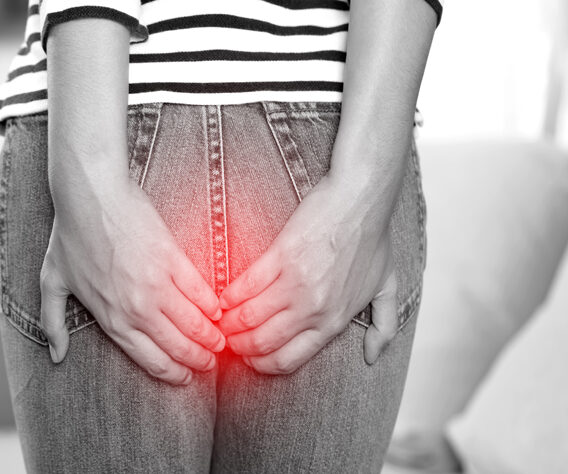Home » Posts Page » Hiatal Hernia Diet Plan: What to Eat and Avoid
A hiatal hernia is a common condition where a part of the stomach pushes through the diaphragm into the chest cavity. While many people may not realize they have it, the most noticeable symptom is acid reflux, which causes a burning sensation in the chest and throat. Though the exact cause remains unclear, research shows that around 60% of people over 60 experience some form of this condition.
The good news? Thoughtful dietary changes and lifestyle habits can go a long way in easing discomfort and reducing acid reflux episodes.
Happy Patients
Disease
Hospitals
Cities
When it comes to soothing symptoms, your diet plays a crucial role. Focus on non-acidic, fiber-rich, and minimally processed foods to support your digestion and reduce irritation.
To prevent reflux, it’s essential to eliminate foods that are acidic, spicy, fatty, or processed.
Small daily changes can make a big impact on reducing acid reflux and discomfort:
🧘♀️ Exercise moderately – Just 20 minutes a day can help digestion.
This blog is a general guide based on expert understanding and common dietary principles. However, symptoms and triggers can vary from person to person. Always consult a gastroenterologist or a specialized healthcare professional before making major dietary or lifestyle changes.
Stay Informed. Stay Healthy.
A hiatal hernia doesn’t have to control your life. With mindful eating, proactive habits, and support from healthcare professionals, you can manage symptoms and live comfortably.
How you prepare your food matters just as much as what you eat. Here are simple kitchen practices to support a hernia-safe diet:
Cook with care – Avoid high heat oils that break down and cause inflammation.

Get relief from painful piles with advanced laser treatment.
Minimally invasive, no stitches, same-day discharge…

Heal painful anal fissures with advanced, non-surgical care.
Quick relief, minimal downtime, expert proctology support…

Treat anal fistula with safe, advanced procedures.
Minimally invasive care with faster recovery.

Get permanent relief from pilonidal sinus with laser surgery.
Painless procedure, quick healing, same-day discharge.

Advanced treatment for rectal prolapse by expert surgeons.
Safe procedure, minimal pain, long-term relief.

● piles laser surgery cost in Vizag ● low-cost piles surgery in Hyderabad ● cashless piles treatment near me ● painless piles surgery in Vijayawada ● piles treatment with insurance in Vizag ● piles removal surgery cost in Hyderabad ● piles operation packages in Vijayawada ● affordable piles treatment near me ● piles laser treatment clinic in Hyderabad ● piles doctor consultation charges in Vizag ● best piles surgery cost in Vijayawada ● piles treatment hospital near me ● piles laser operation price in Hyderabad ● low-cost piles laser treatment in Vizag ● piles removal cost near me ● piles treatment with EMI in Vijayawada ● piles surgery specialist near me ● piles surgery packages in Hyderabad ● piles treatment clinic near me ● piles laser surgery near me
Disclaimer: **The result and experience may vary from patient to patient.. ***By submitting the form or calling, you agree to receive important updates and marketing communications.
Getting an accurate diagnosis can be one of the most impactful experiences that you can have.

cure with care
Copyright © 2025. All rights reserved.
Consult with our expert surgeon for more than 50+ diseases
Happy Patients
Hospitals
Cities